Electrical Engineering
- HOD Message
- About Department
- Vision-Mission
- Program Educational Objectives (PEOs)
- Program Specific Outcomes (PSOs)
- Program Outcomes (POs)
- R & D Activities
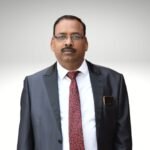 Welcome to the Department of Electrical Engineering of BNCET, Lucknow.
Welcome to the Department of Electrical Engineering of BNCET, Lucknow.
I have the honor of heading the Electrical Engineering department, with our top-class faculty members and technical staffs. I feel immense pleasure in helping & inspiring the new generation of motivated students. The department is making best efforts to produce highly skilled and efficient engineers who can meet the emergent plea of Electrical Engineers in different government and private sectors organization.
The main objective of our department is to sustain high academic standards and give due weight age to practical work. We believe in delivering quality education. Our faculties adopt a teaching methodology that has blend of both practical, theoretical and research based approach.
Departmental society has been established by the students for extra-curricular activities, various technical and cultural events are conducted regularly under this society. Educational tours and industrial visits are regularly organized to enhance the practical knowledge of the students to meet the recent trends in the industries. Many projects of final year students have been awarded by Council of Science and Technology, UPCST. Students of our department got placed with a very respective package all around country.
Thank You.
Mr. S. K. SINGH
Head and Associate Professor,
Electrical Engineering Department
Department of Electrical Engineering was established in the year 2009. Department caters to the needs of the U.G. students both in terms of Academics and Soft skills. The knowledge acquired during the courses helps them to be placed both in core and software companies. Department has centrally air-conditioned classrooms, with Wi-Fi enabled projectors, tutorial rooms, library, a state-of-the-art seminar rooms and fully equipped laboratories and workshops.
VISION:
To produce skilled Electrical Engineer with excellent technical knowledge, innovative ideas and inherent morality to make them capable of contributing to the requirements of industry, society and nation.neurial spirit.
MISSION:
- To prepare engineering graduate with deep understanding of fundamentals of electrical engineering with good technical skills, positive approach and sincerity.
- To provide and enhance the state of the art equipped lab’s up to date and inspiring environment of continuous learning and innovation by having collaboration with industry experts and academia.
PO1. Engineering Knowledge: Apply the knowledge of mathematics, science, engineering fundamentals, and an engineering specialization to the solution of complex engineering problems.
PO2. Problem Analysis: Identify, formulate, review research literature, and analyze complex engineering problems reaching substantiated conclusions using first principles of mathematics, natural sciences, and engineering sciences.
PO3. Design/Development of Solutions: Design solutions for complex engineering problems and design system components or processes that meet the specified needs with appropriate consideration for the public health and safety, and the cultural, societal, and environmental considerations.
PO4. Conduct Investigations of Complex Problems: Use research-based knowledge and research methods including design of experiments, analysis and interpretation of data, and synthesis of the information to provide valid conclusions.
PO5. Modern Tool Usage: Create, select, and apply appropriate techniques, resources, and modern engineering and IT tools including prediction and modeling to complex engineering activities with an understanding of the limitations.
PO6. The Engineer and Society: Apply reasoning informed by the contextual knowledge to assess societal, health, safety, legal and cultural issues and the consequent responsibilities relevant to the professional engineering practice.
PO7. Environment and Sustainability: Understand the impact of the professional engineering solutions in societal and environmental contexts, and demonstrate the knowledge of, and need for sustainable development.
PO8. Ethics: Apply ethical principles and commit to professional ethics and responsibilities and norms of the engineering practice.
PO9. Individual and Team Work: Function effectively as an individual, and as a member or leader in diverse teams, and in multidisciplinary settings.
PO10. Communication: Communicate effectively on complex engineering activities with the engineering community and with society at large, such as, being able to comprehend and write effective reports and design documentation, make effective presentations, and give and receive clear instructions.
PO11. Project Management and Finance: Demonstrate knowledge and understanding of the engineering and management principles and apply these to one’s own work, as a member and leader in a team, to manage projects and in multidisciplinary environments.
PO12. Life-long Learning: Recognize the need for, and have the preparation and ability to engage in independent and life-long learning in the broadest context of technological change.
- Apply the knowledge of electrical machines and power systems for problem analysis and developing solutions using modern tools and technologies.
- Testing and maintenance of various electrical equipments.
- Graduates will be able to design, invent and develop the innovative technology in the field of electrical engineering for the benefit of society and environment.
- Graduates will be able to efficiently communicate, work in team and manage projects in multidisciplinary environments.
- Graduates will be able to ethically engage themselves independently for the life-long learning.
Publication in national / international journal
Year-wise Title of Paper Total publications 2019-20 1. Akhilesh K. Gupta, Paulson Samuel and Deepak Kumar, “Speed Control of PMSM Drive using Jaya Optimization”, in Intelligent Computing Techniques for Smart Energy Systems, Lecture Notes in Electrical Engineering, Vol. 607, pp. 247-256, Springer, Singapore, 2020. 2. Akhilesh K. Gupta, Paulson Samuel and Deepak Kumar, “Jaya Optimization based PID Controller for Z-Source Inverter”, in Intelligent Computing Techniques for Smart Energy Systems, Lecture Notes in Electrical Engineering, Vol. 607, pp. 257-267, Springer, Singapore, 2020. 3. Bheem Sonker, Deepak Kumar and Paulson Samuel, “Genetic Algorithm Based IMC Design for Load Frequency Control of Two Area Power Systems Using Model Reduction”, in Electric Power Components and Systems, (Under revision). (SCI) 4. Bheem Sonker, Deepak Kumar and Paulson Samuel, “A New Control Scheme of IMC-PID Load Frequency Controller for Two-Area Power System via Model Approximation and Differential Evolution”, in International Journal of Sustainable Energy, (Under Review). (Scopus) 5. Bheem Sonker, Deepak Kumar and Paulson Samuel, “Dual Loop IMC Structure for Load Frequency Control Issue of Multi-Area Multi-Sources Power Systems”, in International Journal of Electrical Power and Energy Systems, Vol. 112, pp. 476-494, 2019. (SCI) 6. Akhilesh Kr. Gupta, Deepak Kumar and Paulson Samuel, “Order Reduction of Linear Time Invariant System using Eigen Permutation and Jaya Optimization,” in Engineering Optimization, Vol. 51, Issue 9, pp. 1626-1643, 2019. (SCI) 7. Akhilesh K. Gupta, Deepak Kumar and Paulson Samuel, “A Mixed Method for Order Reduction of Linear Time Invariant Systems using Big Bang-Big Crunch And Eigen Spectrum Algorithms”, in International Journal of Automation and Control, Vol. 13, Issue 2, pp. 158-175, 2019. (ESCI) 8. Book Chapter: Kumar S., Bharati K.K., Shukla A. (2020) Upcoming Power Crisis in India—Increasing Electricity Demand. In: Giri V., Verma N., Patel R., Singh V. (eds) Computing Algorithms with Applications in Engineering. Algorithms for Intelligent Systems, Springer, Singapore. 8 2018-19 1. Sushil Kumar, Aman Shukla, “Phase Synchronisation of Distributed Energy Sources using Smart Grid”, in IJARSE, Volume 14, Number 2, February, 2019 (ISSN 0973-4562). (Scopus) 2. Sushil Kumar, Vaibhav Shukla, “Study of Performing Standalone PV Generation System” in International Journal of Applied Engineering Research, Volume 14, Number 2, February, 2019 (ISSN 0973-4562). (Scopus) 3. Akhilesh K. Gupta, Deepak Kumar and Paulson Samuel, “A Meta-Heuristic Cuckoo Search and Eigen Permutation Approach for Model Order Reduction”, in Sadhana, Vol. 43, Issue 65, pp. 1-11, May 2018. (SCI) 4. Bheem Sonker, Deepak Kumar and Paulson Samuel, “Design of Two Degree of Freedom-Internal Model Control Configuration for Load Frequency Control Using Model Approximation”, in International Journal of Modelling and Simulation, Vol.39, pp-27-37, 2018. (Scopus) 4 2017-18 1. Akhilesh Kumar Gupta, Deepak Kumar and Paulson Samuel, “Order Reduction of Continuous LTI Systems using Harmony Search Optimization with Retention of Dominant Poles”, in International Journal of Control Theory and Application, Vol. 10, Issue 6, pp. 269-277, 2017. (Scopus) 2. Akhilesh Kumar Gupta, Mallikarjuna Reddy Bandi, Deepak Kumar and Paulson Samuel, “BBBC based Optimization of PI Controller Parameters for Buck Converter,” in Innovations in Power and Advanced Computing Technologies (i-PACT), Vellore, pp. 1-6, 2017. 3. Bheem Sonker, Deepak Kumar and Paulson Samuel, “A Modified Two-Degree of Freedom-Internal Model Control Configuration for Load Frequency Control of a Single Area Power System”, in Turkish Journal of Electrical Engineering & Computer Science, Vol. 25, pp. 4624-4635, 2017. (SCI) 3 Publication in national / international Conference
Year-wise Title of Paper Total publications 2019-20 1. Chhabindra Singh, Akhilesh Gupta, Deepak Kumar and Paulson Samuel, “A Mixed Approach for Model Reduction Using Differential Evolution and Eigen Permutation”, in International Conference on Advances in Systems, Control and Computing, AISCC-2020, MNIT Jaipur. (presented) 2. Akhilesh Gupta, Chhabindra Singh, Deepak Kumar and Paulson Samuel, “Modified Eigen Permutation Based Model Simplification of LTI Systems using Evolutionary Algorithm”, in International Conference on Advances in Systems, Control and Computing, AISCC-2020, MNIT Jaipur. (presented). 3. Abhishek Mishra, Shubham Kumar, “Design and Implementation of IoT Based Smart Agriculture and Health-Care”, in National Conference on Emerging Innovations in Agriculture, Biotechnology and Health Sciences, November, 2019. 4. Abhishek Mishra, Vikash Kumar, Poonam Gupta, Sonam Gupta, Rahul Pandey, “Solid Waste Management”, in National Conference on Emerging Innovations in Agriculture, Biotechnology and Health Sciences, November, 2019. 5. Neha Mishra, Arman Khan, Jitendra Kumar Srivastava, “A Review Paper on IOT Based Solar Induction Cooker”, in National Conference on Emerging Innovations in Agriculture, Biotechnology and Health Sciences, November, 2019 (ISBN: 978-93-5391-723-4). 6. Bheem Sonker, Deepak Kumar and Paulson Samuel, “Differential Evolution based IMC Scheme for Load Frequency Control of Single-Area Power Systems”, TENCON-2019, 17 – 20 October, 2019 at Hotel Grand Hyatt, Bolgatty, Kochi, Kerala, India. (Accepted & Presented). 7. Chhabindra Nath Singh, Akhilesh Kumar Gupta, Deepak Kumar and Paulson Samuel, “Improved Pole Clustering based Simplification of Complex Systems using Big Bang-Big Crunch Optimization,” presented in 5th IEEE Students’ conference on Engineering and Systems, SCES 2019, MNNIT Allahabad. 8. Lalit Kumar, Rajendra Prasad, Akhilesh Kumar Gupta, Deepak Kumar, Manoj Kumar and Bhola Jha, “Modified Least-Square based Model Reduction using Time Moments and Markov Parameters”, in IEEE Region 10 Symposium (TENSYMP), Kolkata, India, 2019, pp. 441-446. 9. Shivam Kumar Prajapati, Jitendra Kumar Srivastava, Abhishek Mishra, “Sustainable Solar Powered Bicycle”, in International Seminar on Sources of Planet Energy, Environmental & Disaster Science, SPEEDS-2019. 09 2018-19 1. Bheem Sonker, Deepak Kumar and Paulson Samuel, “Genetic Algorithm Based TDF-IMC Scheme for Load Frequency Control of Single-Area Power Systems”, in 2nd IEEE International Conference on Power Electronics, Intelligent Control and Energy Systems (ICPEICES-2018), 22-24 October, 2018, DTU Delhi, (Accepted & Presented). 2. Chhabindra Nath Singh, Akhilesh Kumar Gupta, Deepak Kumar and Paulson Samuel, “Fuzzy C-means based model simplification using Jaya optimization algorithm”, in 2nd IEEE International Conference on Power Electronics, Intelligent Control and Energy Systems (ICPEICES), Delhi, India, 2018, pp. 881-885. 2 2017-18 1. Akhilesh Kumar Gupta, Deepak Kumar and Paulson Samuel, “Order Reduction of Continuous LTI Systems using Harmony Search Optimization with retention of dominant poles,” in Proc. of 2nd International Conference on Sustainable Computing Techniques in Engineering, Science and Management (SCESM), Goa, 2017. 1 Best Projects
Session: 2019-20 Sr. No Name of the Student Name of Guide Project Title Brief Description 1 Ponam Gupta Dr. Abhishek Mishra Solid Waste Sorting System As increase in the population the waste material management has become the major problem to the society and country. People just throw waste material here and there which leads to the increase in the pollution and makes our surrounding dirty. The automatic waste segregation is the one solution to reduce the solid waste pollution control and waste management. This also help in the saving the resources which help in preserve the environment and provide healthy and safe society. In the system there are energy saving feature and measurement feature are installed so the it will not only help in the maintain the solid waste but also help in these field. In the system there are three main smart proximity sensor, servomotor and microcontroller are used. These proximity sensor are inductive sensor to detect metal waste and segregate the metal in the particular bin. Glass sensor is for sense the glass waste and segregates the glass waste in the particular bin with the help of the servomotor in their respective bin. The last one is the capacitive sensor which is used to detect the insulating material such as the plastic, paper and other. If none of the sensor able to identify any of these three solid waste then the object to fall in the last bin. There is the IR sensor setup which will installed the system whenever the object is identify in the initial container and trigger the system with the single relay module and switch off the system whenever there is no object found in the initial container. There is another IR sensor and microcontroller setup is installed for count the number of the object segregated. Sonam Gupta Vikas Rahul Pandey Sonam Gupta Vikas Rahul Pandey
Course Outcomes
- 3rd Year
- 4th Year
Click on the link below to download the document file:
- Certification & Recognition
- Odd Semester
Click on the link below to download the document file:
Click on the link below to download the document file:
- 3rd Year
- 4th Year
Click on the link below to download the document file:
Faculty Details
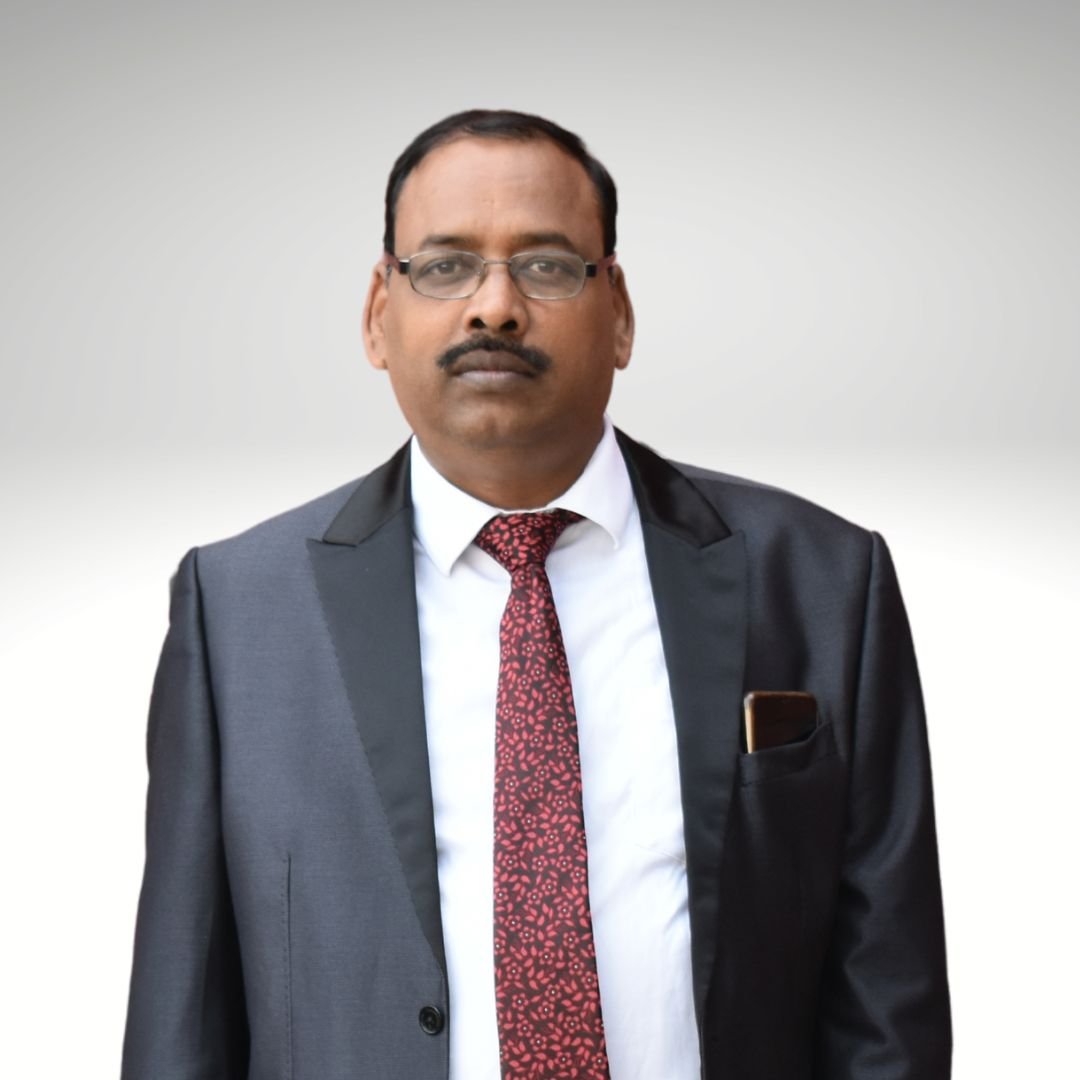
Mr. S.K. Singh
HOD

Mr. S.K. Singh
HOD
Area of Interest: Power System
Total Experience: 19 Years
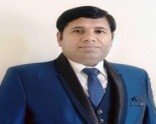
Dr. Akhilesh Kumar Gupta
Assistant Professor

Dr. Akhilesh Kumar Gupta
Assistant Professor
Area of Interest: Power Electronics, Renewable Energy, Communication Engineering, Optimization, Image Processing
Total Experience: 07 Years
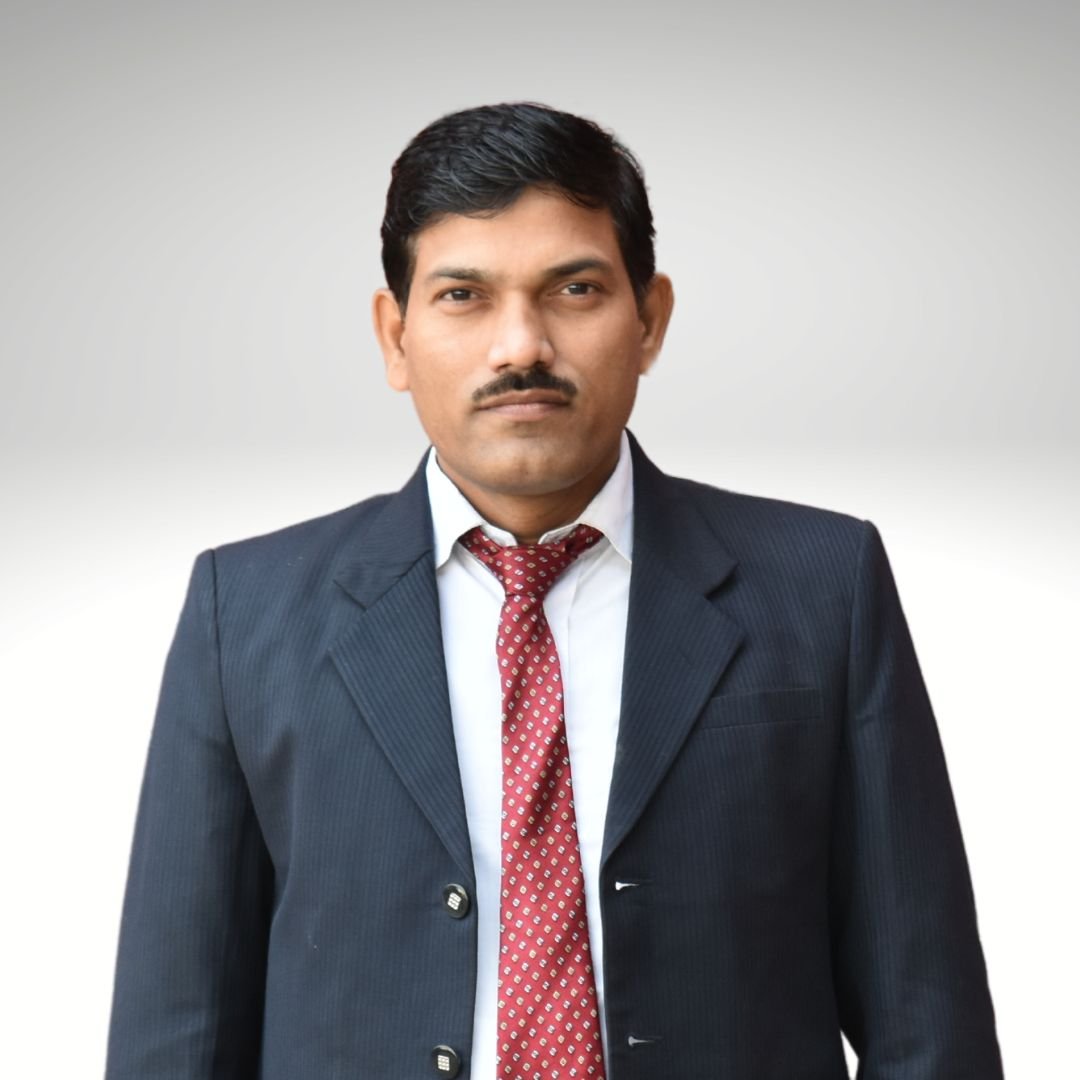
Mr. Jitendra Kumar Srivastava
Assistant Professor

Mr. Jitendra Kumar Srivastava
Assistant Professor
Area of Interest: Power System, Waste Management, Renewable Energy
Total Experience: 16 Years
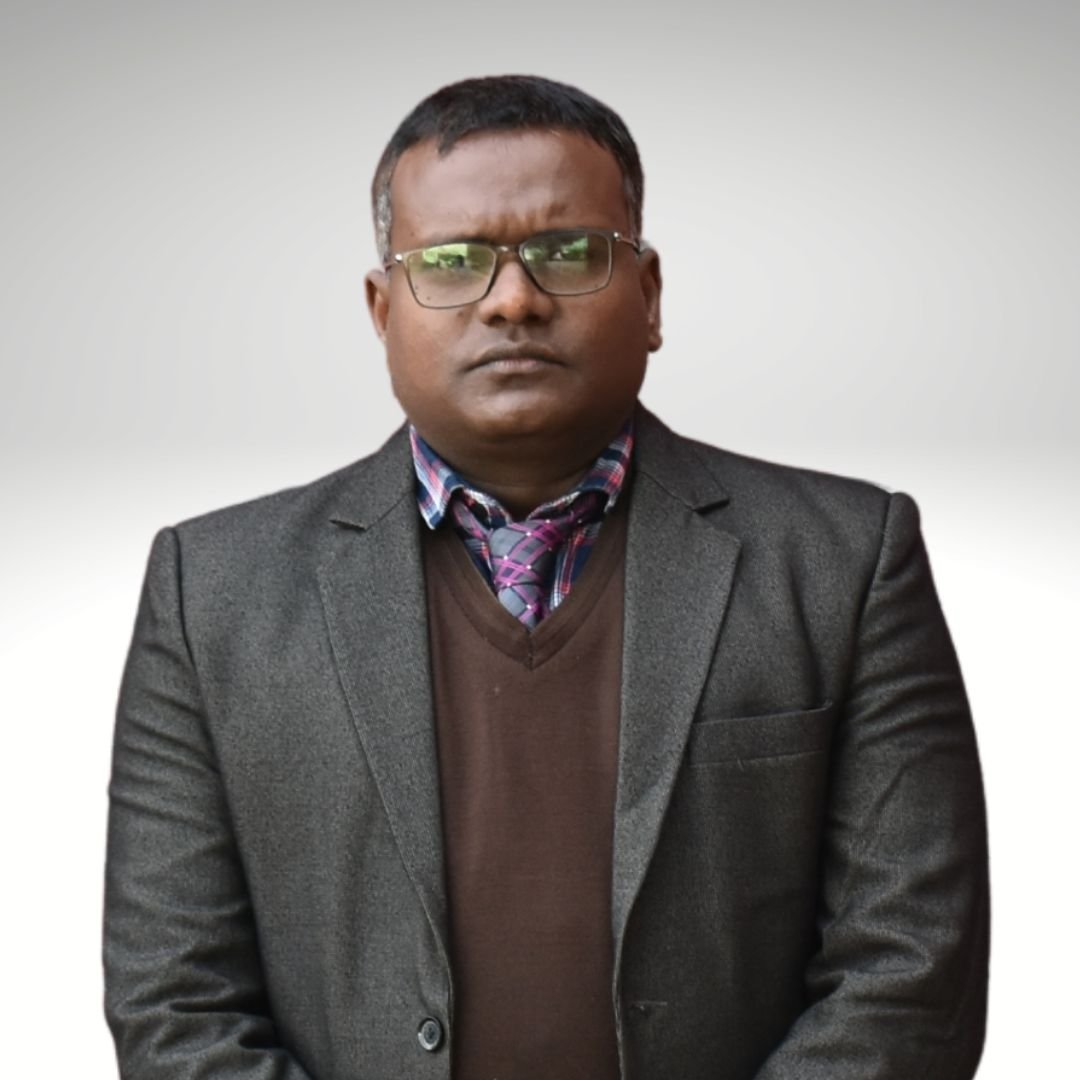
Mr. Sushil Kumar
Assistant Professor

Mr. Sushil Kumar
Assistant Professor
Area of Interest: Power System
Total Experience: 16 Years

Mr. Saurabh Bajpai
Assistant Professor

Mr. Saurabh Bajpai
Assistant Professor
Area of Interest: Battery Management System, Power System
Total Experience: 15 Years
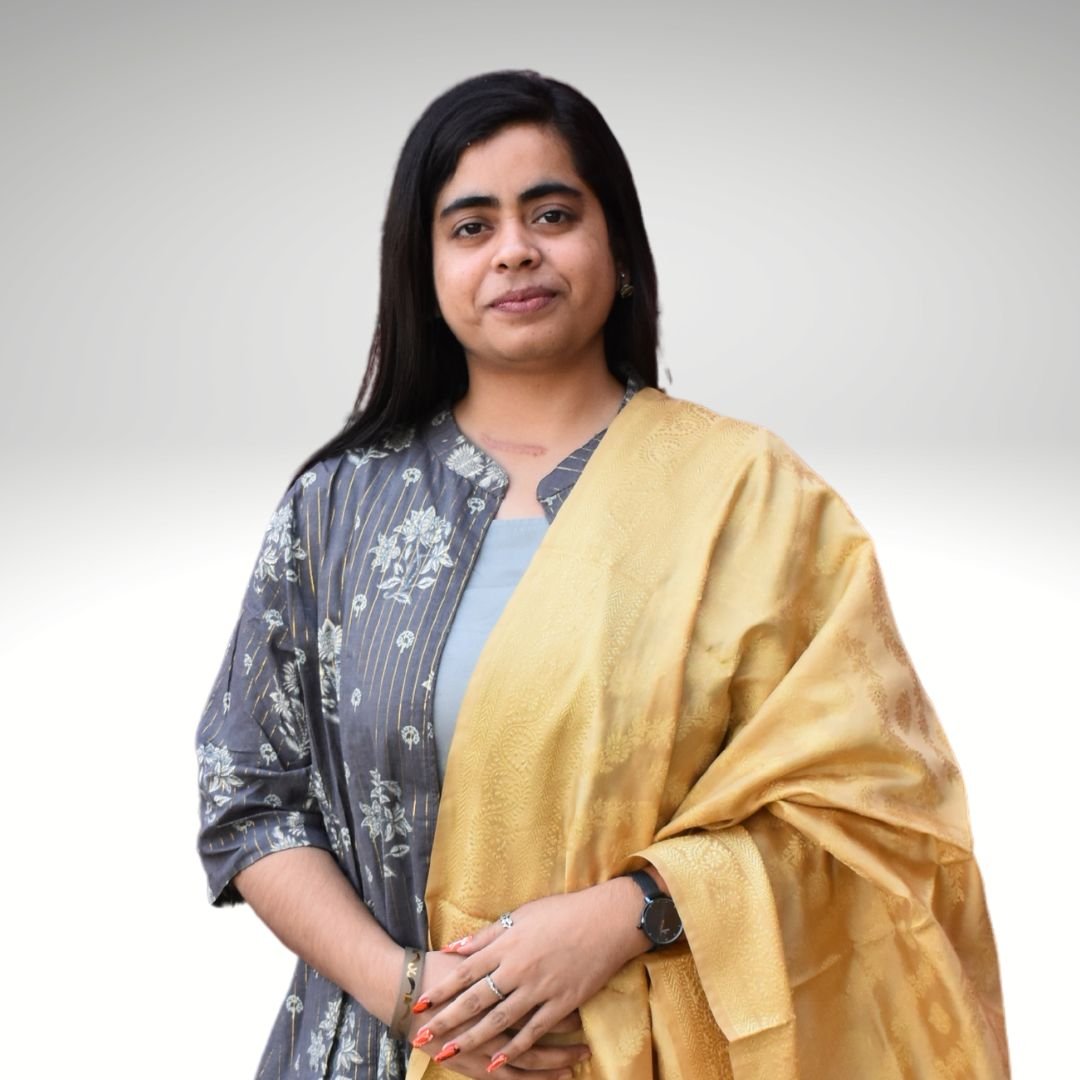
Ms. Zeba Bakhtiyar Anjum
Assistant Professor

Ms. Zeba Bakhtiyar Anjum
Assistant Professor
Area of Interest: Electric Drive and Control
Total Experience: 5 Years
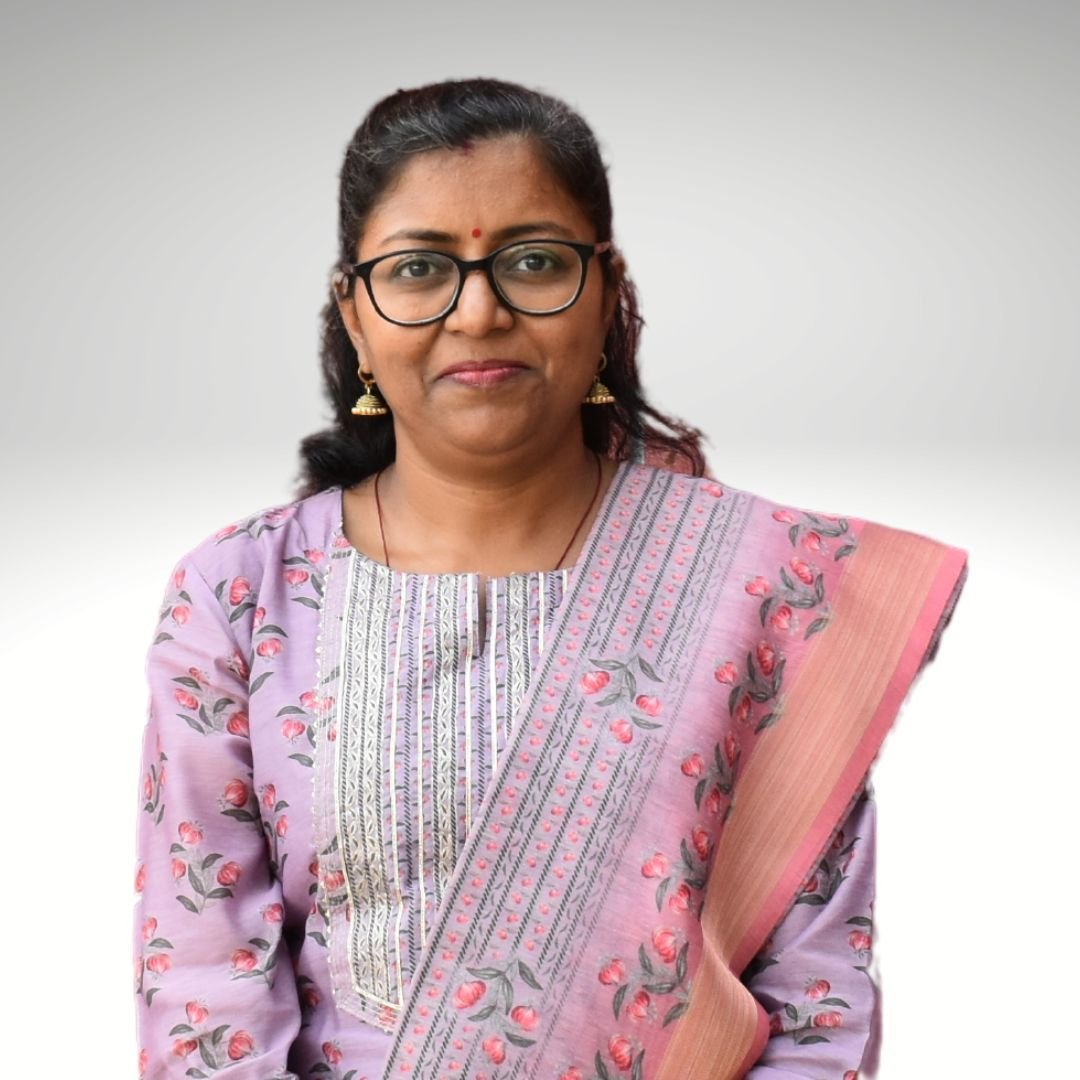
Mrs. Priyanka Chauhan
Assistant Professor

Mrs. Priyanka Chauhan
Assistant Professor
Area of Interest: Power Electronics, Power System, Renewable Energy, Basic Electrical Engineering, Control System
Total Experience: 10 Years

Mr. Abhishek Kulshrestha
Assistant Professor

Mr. Abhishek Kulshrestha
Assistant Professor
Area of Interest: Microwave Engineering
Total Experience: 4 Years
